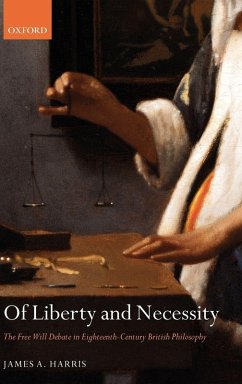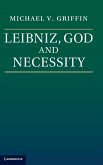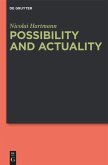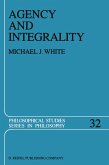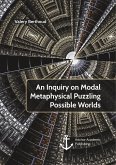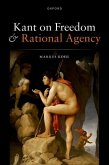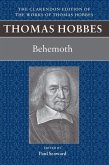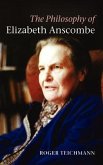The nature and significance of introspection is therefore at the very centre of the free will problem in this period, as is the question of what can legitimately be inferred from observable regularities in human behaviour.
The eighteenth century was a time of brilliant philosophical innovation in Britain. In Of Liberty and Necessity James A. Harris presents the first comprehensive account of the period's discussion of what remains a central problem of philosophy, the question of the freedom of the will. He offers new interpretations of contributions to the free will debate made by canonical figures such as Locke, Hume, Edwards, and Reid, and also discusses in detail the arguments of some less familiar writers. Harris puts the eighteenth-century debate about the will and its freedom in the context of the period's concern with applying what Hume calls the 'experimental method of reasoning' to the human mind. His book will be of substantial interest to historians of philosophy and anyone concerned with the free will problem.
Hinweis: Dieser Artikel kann nur an eine deutsche Lieferadresse ausgeliefert werden.
The eighteenth century was a time of brilliant philosophical innovation in Britain. In Of Liberty and Necessity James A. Harris presents the first comprehensive account of the period's discussion of what remains a central problem of philosophy, the question of the freedom of the will. He offers new interpretations of contributions to the free will debate made by canonical figures such as Locke, Hume, Edwards, and Reid, and also discusses in detail the arguments of some less familiar writers. Harris puts the eighteenth-century debate about the will and its freedom in the context of the period's concern with applying what Hume calls the 'experimental method of reasoning' to the human mind. His book will be of substantial interest to historians of philosophy and anyone concerned with the free will problem.
Hinweis: Dieser Artikel kann nur an eine deutsche Lieferadresse ausgeliefert werden.

